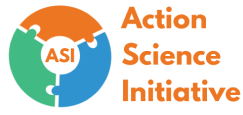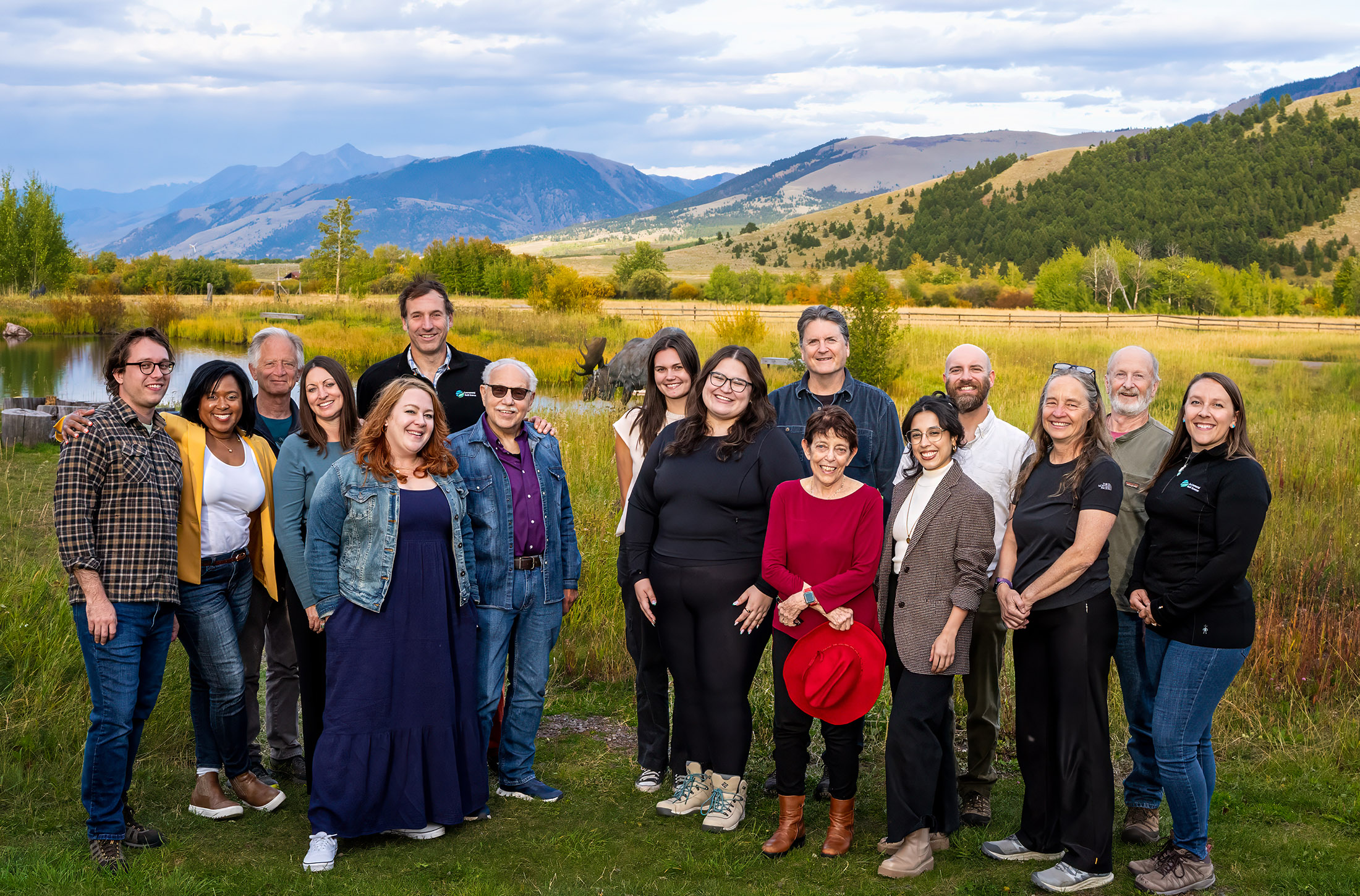Staff
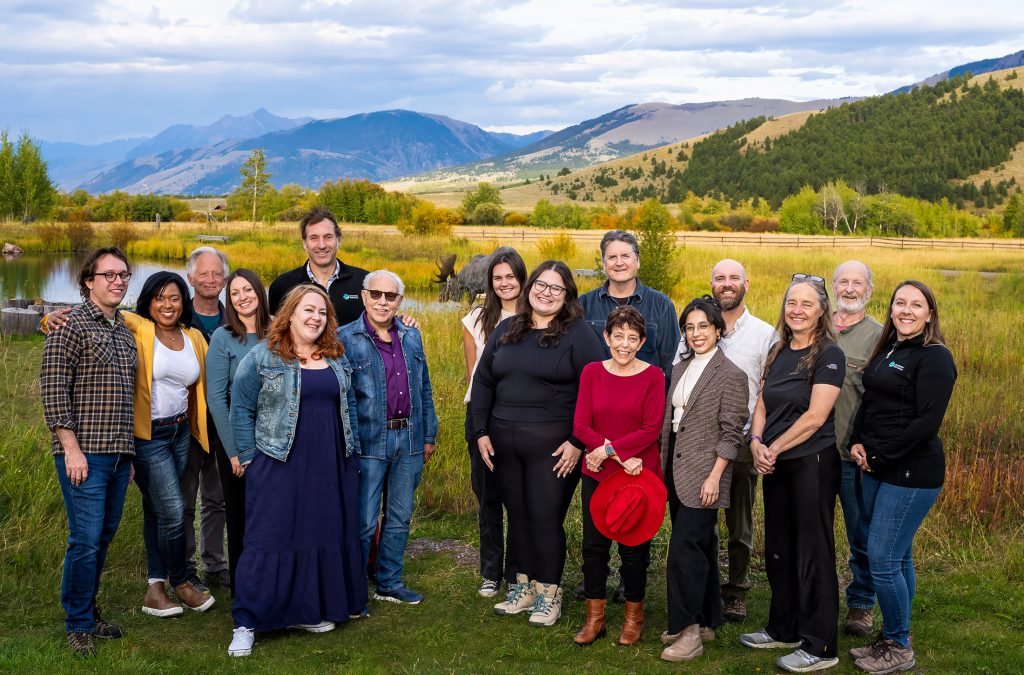
Leadership
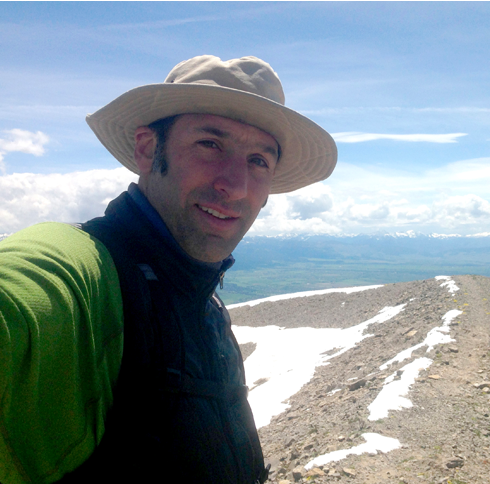
Douglas Fischer
Executive Director Bozeman, MT
Fischer has a passion for driving good science into public policy. He brings three decades of experience as a journalist and joined EHS in 2008.
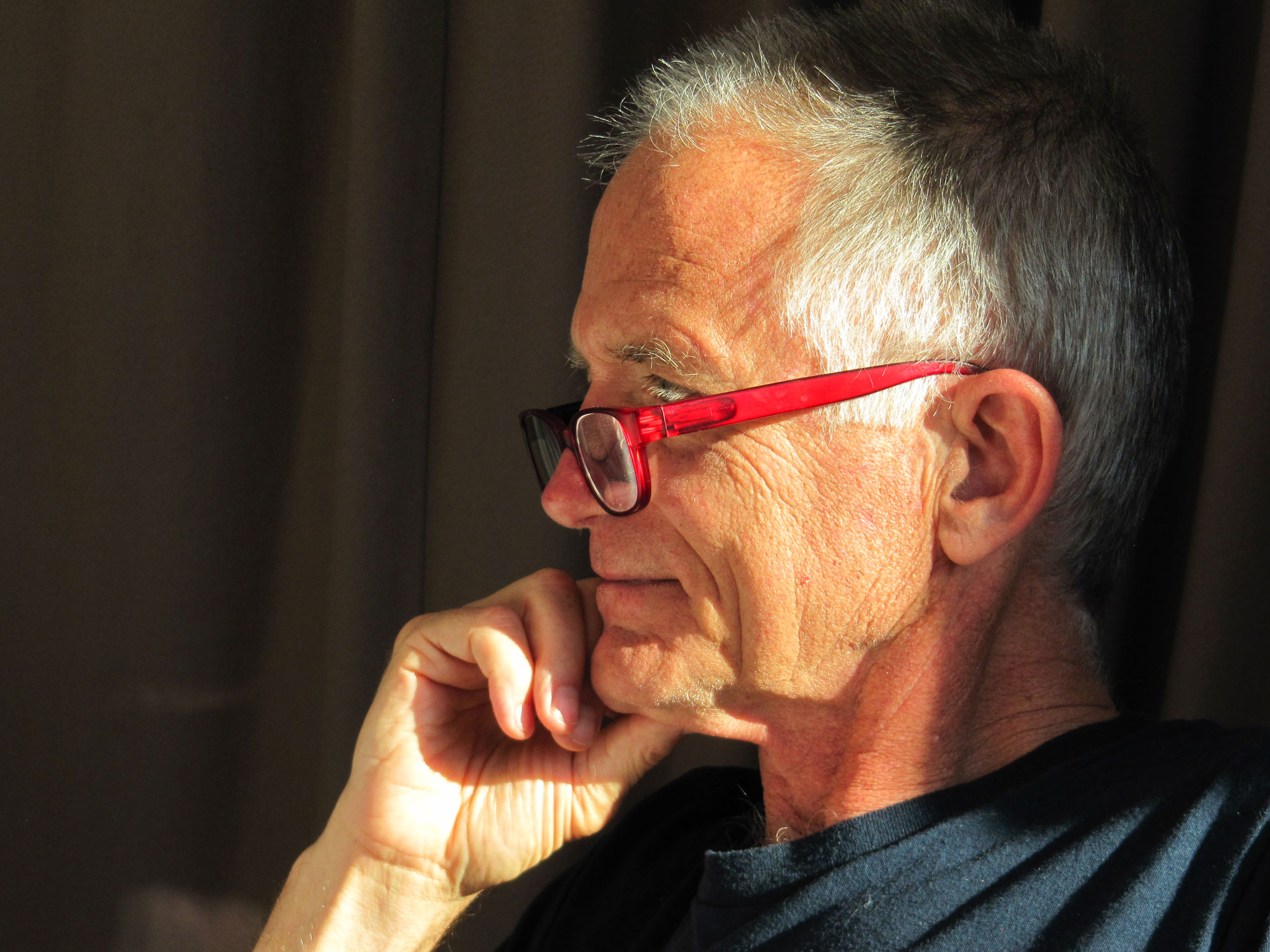
Pete Myers, PhD
Founder & Chief Scientist
Charlottesville, VA
Dr. Myers founded Environmental Health Sciences in 2002 and is an Adjunct Professor of Chemistry at Carnegie Mellon University.
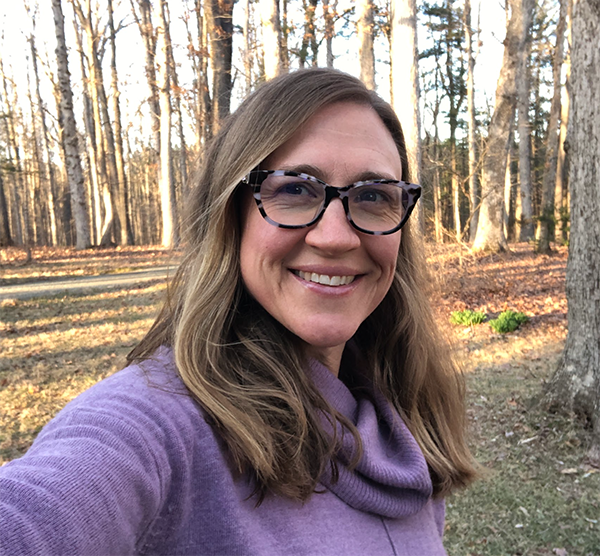
Kate Mallek
Director of Development
Albemarle County, VA
Mallek is a lifelong advocate for health and environment. She looks forward to a day when a person does not have to be an expert in absolutely everything to make safe choices for their family.
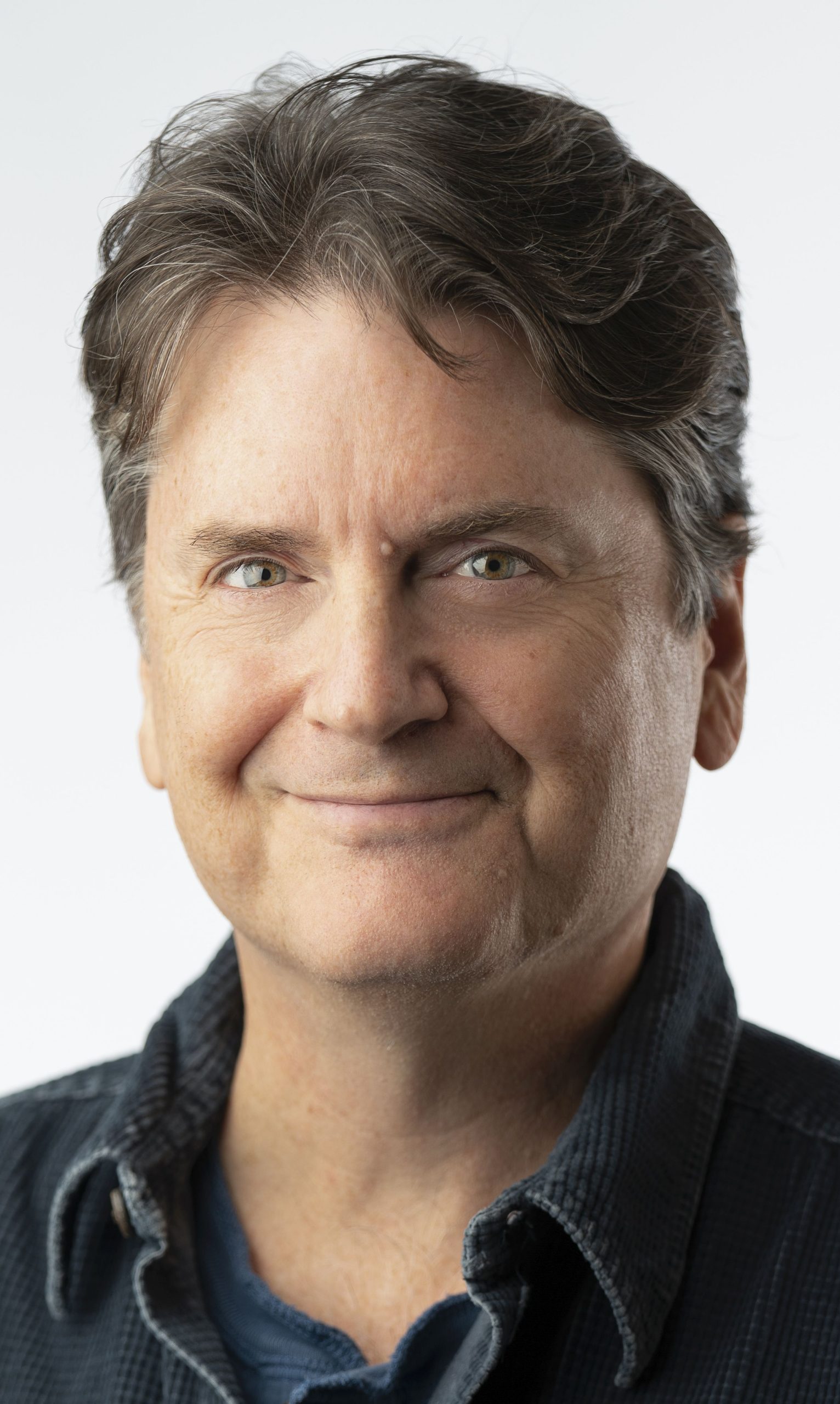
Matt Kayhoe
Director of Solutions
Washington, D.C.
Kayhoe brings two decades of leadership on organizational change and collaboration, joining EHS in 2022 to oversee partnership expansion.
Our Science Team
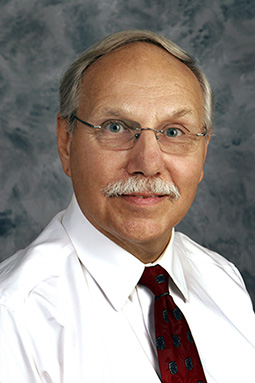
Jerry Heindel, PhD
HEEDS Program Director
Raleigh, NC
Dr. Heindel founded and directs the Healthy Environment and Endocrine Disruptor Strategies (HEEDS) program. His research focuses on the role of endocrine disruptors in obesity.
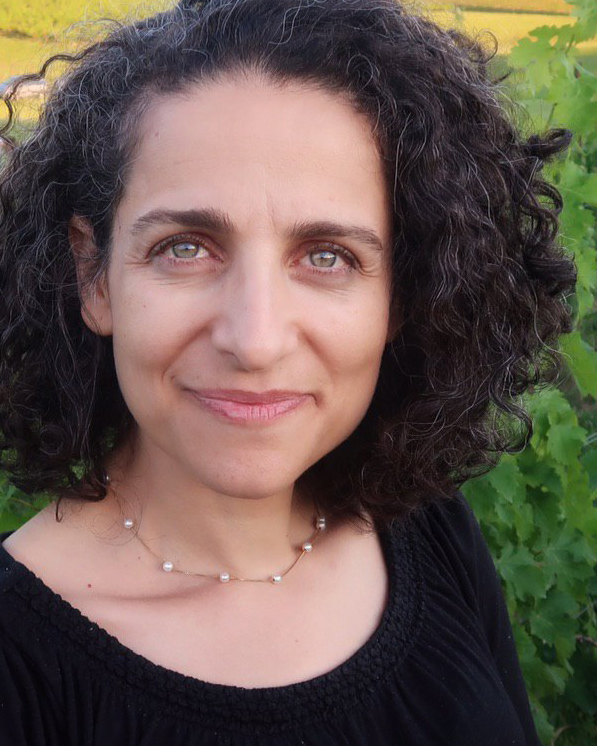
Theodora Scarato, MSW
Wireless and EMF Program Director
Washington DC
Scarato is an expert on the science and policy issues of non-ionizing electromagnetic fields (EMF). Her research has focused on children, wildlife and comparing U.S. to international regulations.
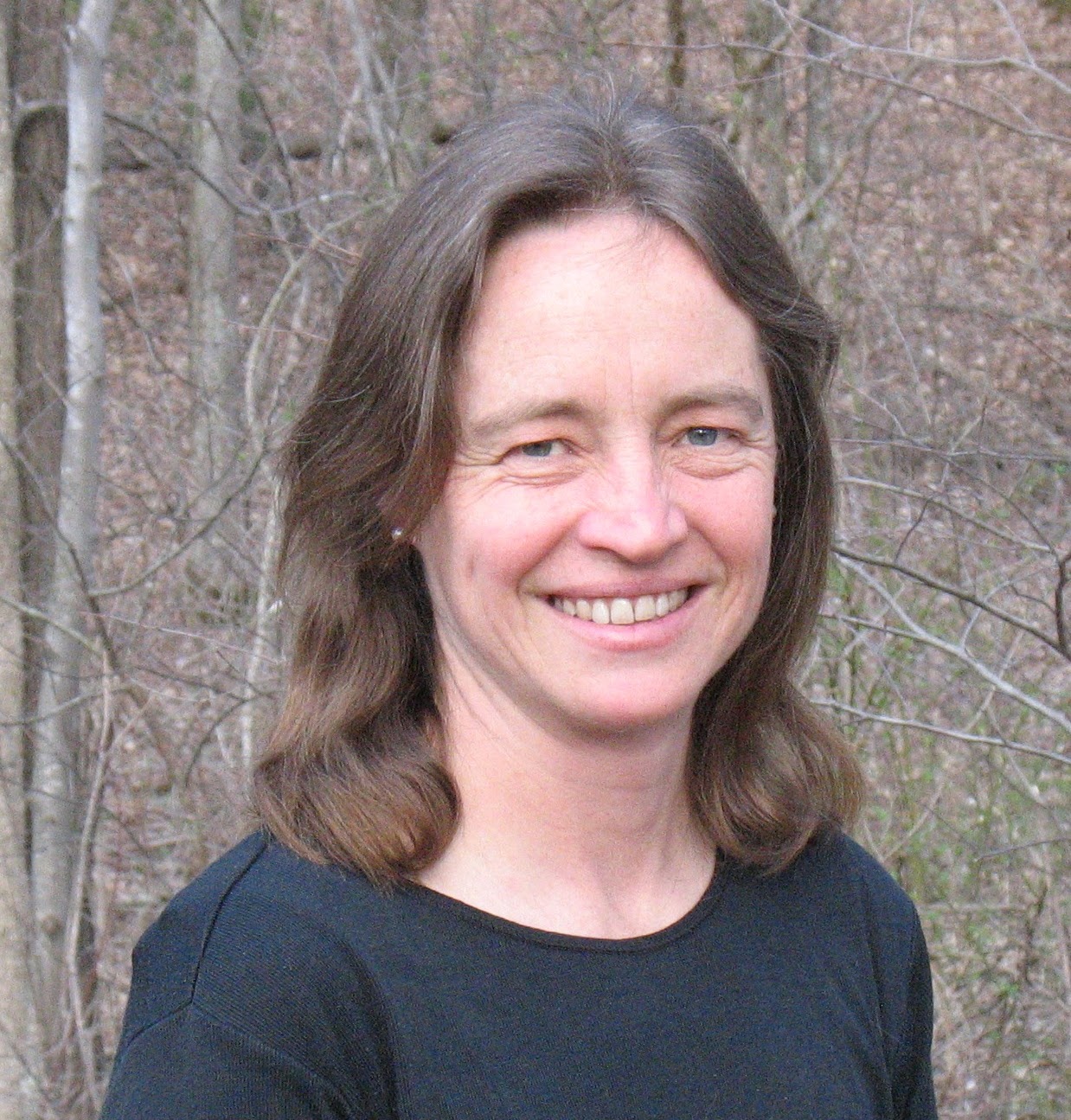
Sarah Howard
HEEDS Program Manager
East Greenbush, NY
Howard coordinates programs for HEEDS, focusing on EDCs in diabetes.
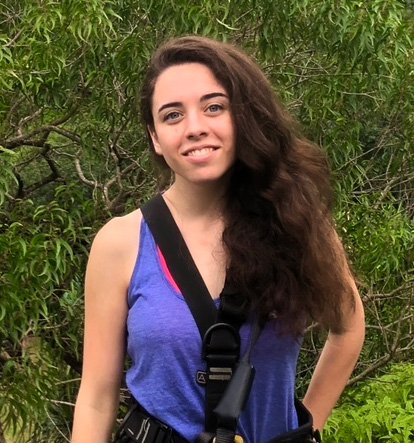
Katherine McMahon
Science Administrative Assistant
Richmond, VA
McMahon coordinates key projects for EHS’ Senior Science team.
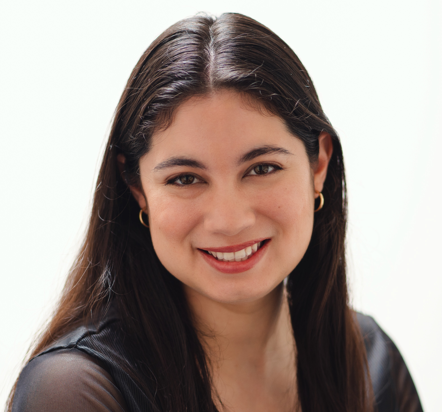
Renee Salmon
Executive Assistant
San Francisco, CA
Salmon works in the Action Science Initiative program and the EHS Fellows program.
Our Newsroom Team
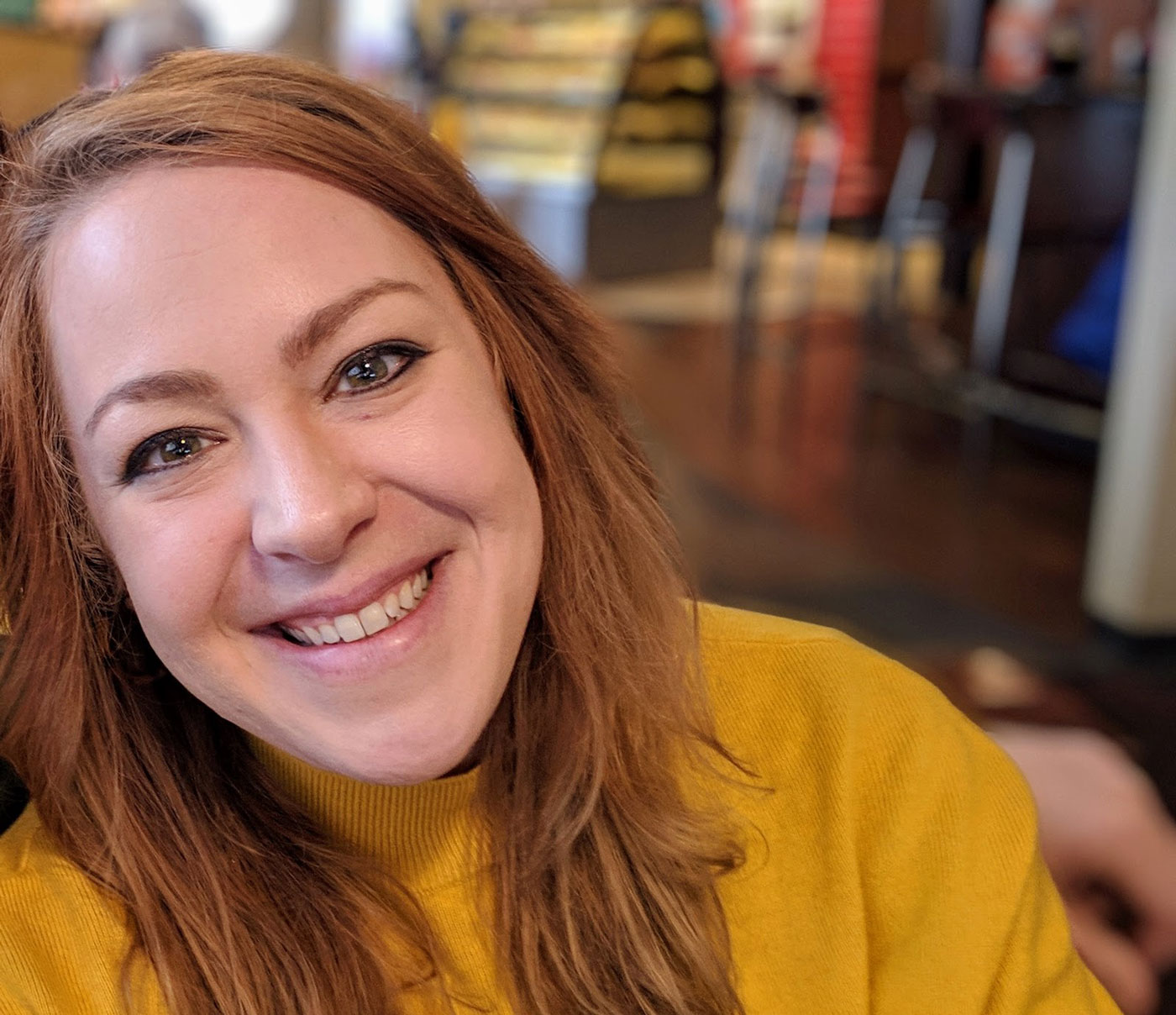
Kristina Marusic
Senior Editor
Pittsburgh, PA
Award-winning journalist Marusic joined EHS in 2018 to cover environmental health and justice in Pittsburgh and Western Pennsylvania. She is now also the Senior Editor of EHN.
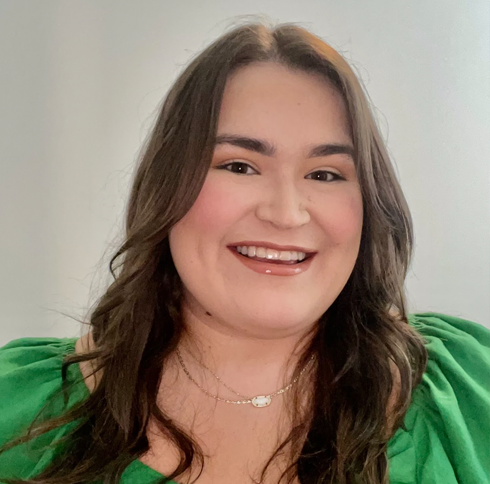
Cami Ferrell
Reporter
Houston, TX
Ferrell produces short-form news videos and writes articles based on the environmental health priorities along the Texas Gulf Coast.

María Paula Rubiano
Assistant Editor
Medellín, Colombia
Rubiano developed the environmental justice beat for “El Spectador,” one of Colombia’s most respected newspapers, and fosters EHS’ collaboration with the Agents of Change program.
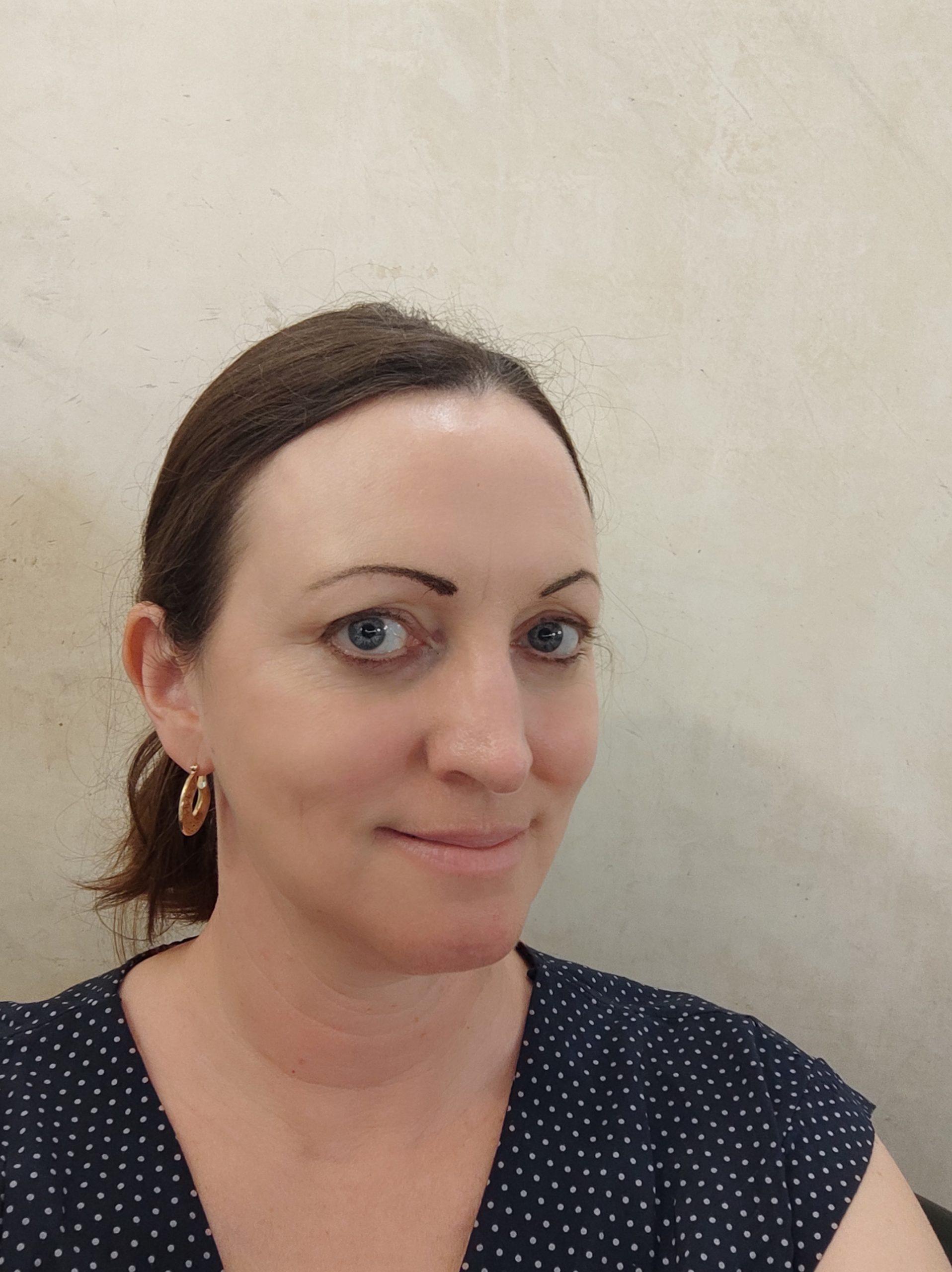
Autumn Spanne
Manager of Newsletters & Bilingual Content
Barcelona, Spain
Spanne oversees our daily newsletters and manages our content curation and Spanish initiative, EHN en Español.

Jimmy Evans
Video Editor
Jacksonsville, FL
Evans serves as the video editor for our EHN newsroom, focused on our Texas bureau and translates content for EHN en Español.
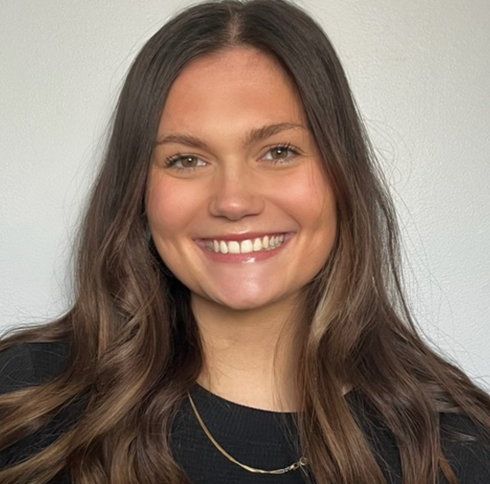
Amanda VanJaarsveld
Social Media & Engagement Coordinator
Austin, TX
VanJaarsveld produces social media content for our newsrooms with a focus on engagement strategies.

Megan McLaughlin
Content Curator
Portland, OR
McLaughlin is a master at scouring the internet for consequential news to bring to our readers.
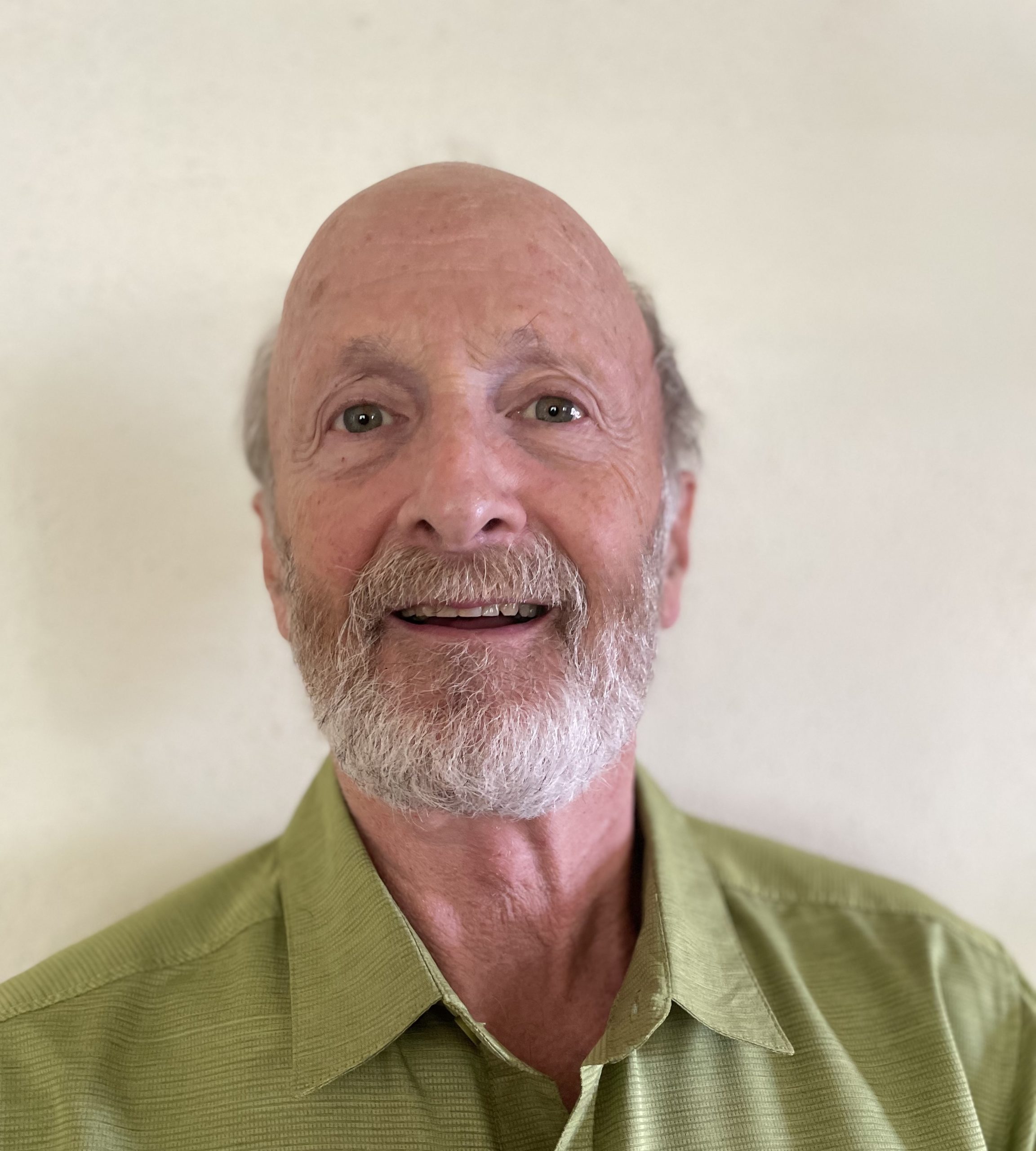
Jim Germond
Content Curator
Sudbury, VT
Germond is a third member of the EHS aggregation team, providing a keen eye and catching news and commentary worth sharing.
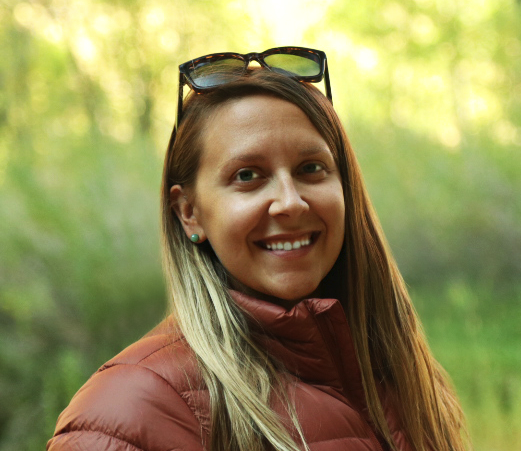
Lorna Scribner
Office Manager
Bozeman, MT
Scribner joined Environmental Health Sciences in 2022 and wears many hats to help support a variety of EHN’s operations.
Change starts with science
Environmental Health Sciences is a nonpartisan, nonprofit news and science organization that aims to drive good science into public policy and public discussion on our environment and health, including climate change.
We’ve been at this since 2002.
Our core strategies:
- Alert the public to critical threats.
- Advance news cycles on core topics.
- Solve entrenched problems with interdisciplinary collaborations.
We have a network of hundreds of scientists across the globe at universities, research institutions and government agencies. Our three websites, Environmental Health News (EHN), DailyClimate.org and HEEDS.org serve up 3 million pageviews per year and have 120,000 followers on social media. We deliver a mix of daily and weekly newsletters to 12,000 subscribers.
We have won national and international awards for our work. And we are passionate about driving science into public discussion and policy on environmental health, justice and climate issues.
